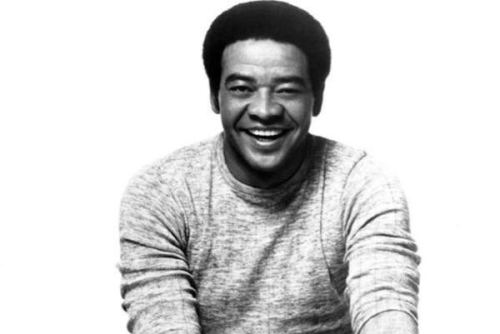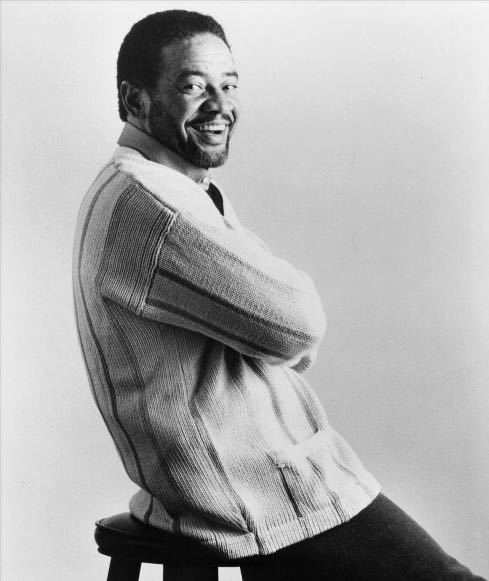Soul wasn’t just a music genre for Bill Withers, who sadly passed away recently, but an impulse – an expression, and a way to speak plainly about the tribulations (and successes) that defined his life and career. He may not have been a preacher, but he certainly preached – whether it was heartbreak, the war in Vietnam, or the suicidal thoughts of a failing husband (as in ‘Better off Dead’) Withers’ music endures because he was strong enough to reveal himself to us, peppering his smooth crooning with the occasional cry for help. That’s why we’re so endeared to him; why he’ll be missed.
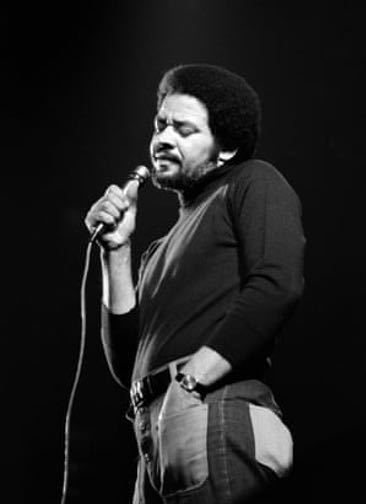
There’s another Bill Withers, though, and that’s Bill Withers the Unrealised Icon of American Cool. Don’t get me wrong, you won’t be seeing a ‘Top Five Bill Withers Outfits’ published beneath his obituary any time soon – and thankfully so. But after perusing through photographs, from his 1970s heyday to the end of his career, I couldn’t help but have a little more appreciation for Withers. He always had this subtle elegance about him. As with many icons, his music fit his style, and sat between the reliable, masculine father figure from ‘Lean on Me’, and the vulnerable flower-child of ‘Harlem’, drifting from his sexier, slicker contemporaries like James Brown or Marvin Gaye - men who dived headstrong into the fashions of the time, and, let’s face it, dressed and danced for the ladies. Withers on the other hand seemed like a Beat Poet, who got lost somewhere near Greenwich Village and ended up on stage at Carnegie Hall, decked in loosely-fit tee-shirts, high-rise jeans, and black roll-neck sweaters. In photographs and album covers (in particular the aptly titled ‘Just as I am’ from 1971) he bears a closer resemblance to counter-culture bohemian types like Gil Scott-Heron or James Baldwin than the soul singers of his day.
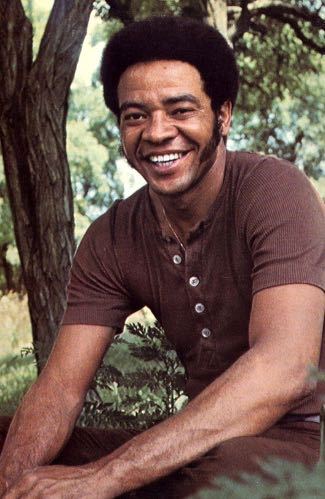
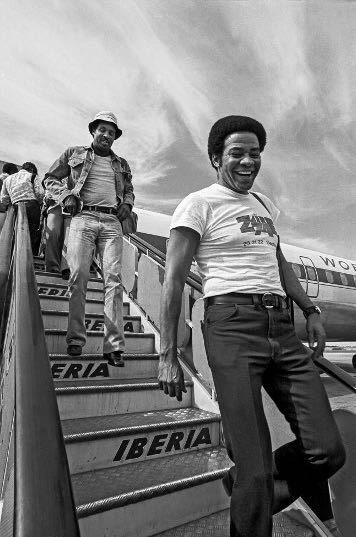
It’s not what he wore, though, as much as what he chose not to. Bill dressed for himself, unfazed by the latest outrageous seventies’ fashions. He walked away from stardom after only ten years, realizing when it was time to stop. The Roots’ frontman Questlove once described him as ‘American soul’s Everyman’ - going on to compare him with Bruce Springsteen – and much of that was to do with Bill’s restraint, his sense of mortality in the echelons of celebrity Olympus. Like Springsteen, Withers never tried to be something he wasn’t. Often unshaven, rarely posing, either dressing in Western threads (as he did regularly in later life – perhaps owing to his Southern upbringing) or wearing a military jacket on stage, a souvenir from seven years with the army, he was an anomaly for seventies pop-royalty - he just liked to make music. His career was scandal free, un-tarred by the presence of a cherry-red jumpsuit, or diamante-stitched cape, the type of which James Brown made a large part of his image. If there’s a photograph of Withers wearing an all-white silk cape out there, I’d like to see it (but I don’t think you’ll find one.)
Instead, Withers reminded you that he was someone to rely on, a normal guy like you. When he exclaimed, ‘you just call on me brother, when you need a hand’, you felt he really meant it; that he was going to leave his phone number on the back of the B-side, next to a photograph of him in an inoffensive butter-soft sweater. Much of this is thanks to how he presented himself – as the honest and humble all-American Buddha of Soul, who dressed as subtly as your next-door neighbour (but looked cooler, because – well, he’s Bill Withers) in grandfather sweaters, tucked t-shirts, worker boots, and high-rise jeans - reliable staples that endure today. And that was Bill Withers all over: reliable and enduring. Restrained (and I think there’s something especially soulful about restraint.) He may have preached his last sermon too soon, but there is still plenty Bill Withers can teach us about understatement; stepping away from the crowd, to shine brighter than all the diamantes and sequin-patterned capes of the world combined.
